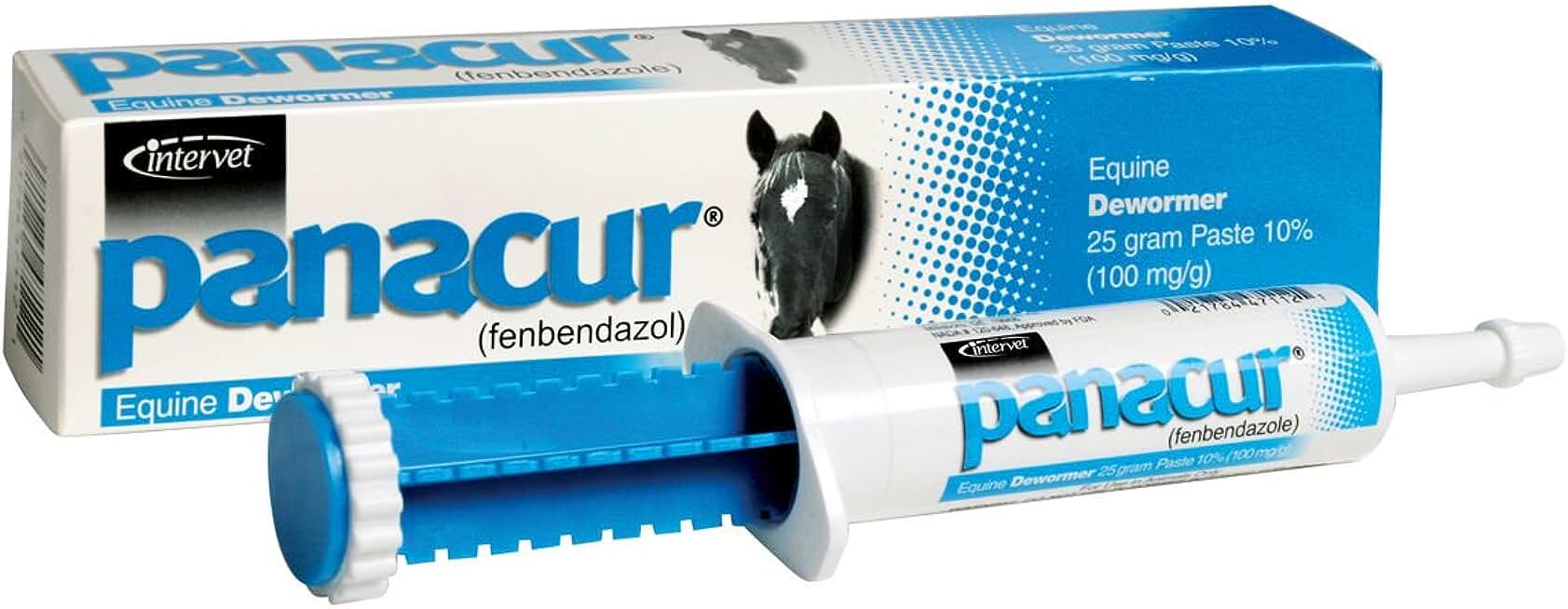Fenbendazole 222mg Capsules For Humans and Animals
Fenbendazole is an anthelmintic and effective against roundworms, hookworms, whipworms and certain tapeworms. It can also be used to treat certain parasites of the lungs and bronchial tubes.
Mice were irradiated and tumors measured and then treated with either diet, vitamins, or fenbendazole. Tumor growth was evaluated by calculating the time taken for each tumor to grow from its initial volume to four times that volume.
Parasites
Fenbendazole is a commonly used anthelmintic that is typically employed to treat parasitic infestations in animals such as dogs, horses and cattle. It is a broad-spectrum anti-worm compound that effectively treats and prevents hookworm, roundworm and tapeworm infections. It can also be given to reptiles, such as snakes and lizards, although it’s important to only give this medication to animals that have been tested for resistance.
In addition to its parasite-removal capabilities, fenbendazole has been shown to have anti-cancer properties in laboratory experiments. The drug inhibits microtubule polymerization, halts cell cycle progression and increases p53 protein stability. It has also been found to reduce cell migration and invasiveness.
Moreover, it may also stimulate the immune system to kill cancer cells. This is why some cancer patients are using fenbendazole in combination with other therapies, such as a diet rich in turmeric and CBD oil. One example of this is Joe Tippens, a man who has been battling lung cancer for over two years and claims to have cured himself with fenbendazole.
Cancer
Fenbendazole has been shown to be an effective anti-cancer agent in animal studies. It may also help humans, but more research is needed to understand how it works. Its interactions with other medications are limited, and it should not be mixed with salicylanilides, which have caused sheep deaths and abortions. Talk to a medical expert for personalized advice.
The drug inhibits tumor growth by disrupting the synthesis of microtubules and blocking cancer cell ability to metabolize sugar. It also triggers apoptosis, and boosts the production of p53, a gene that can keep cancer cells under control.
The treatment has become a popular alternative to chemotherapy after some success stories. The protocol involves taking 222mg of the dewormer every day for seven days, followed by two weeks without the medication. This dosage is safe for cats and dogs, but it must be supervised by a veterinarian. People with kidney or liver problems should take lower doses to avoid toxic effects.
Liver enzymes
The use of fenbendazole for cancer treatment has gained traction in recent years following the success stories of people using the drug to eradicate their “cancer.” These cases have been controversial, however, since many claim that fenbendazole was simply eradicating parasitic infestation.
While fenbendazole can be used to treat parasitic infections in various animal species, its primary focus is on cancer prevention and treatment in humans. It works by targeting and blocking the synthesis of microtubules, thus preventing cell division.
Despite this, fenbendazole can have some side effects, including elevated liver enzymes (AST and ALT). In most cases, these side effects are caused by the destruction of cancer cells by the drug. However, the symptoms usually disappear after a few months of treatment.
In order to prevent these side effects, it is important to follow the instructions on the package. Also, it is recommended to report any negative side effects to a medical professional immediately.
Side effects
Fenbendazole is a benzimidazole drug that is an anthelmintic (kills parasitic worms). It’s also used as a dewormer in pets. It’s not FDA-approved for humans, but it has a similar cousin called mebendazole (Vermox) that is approved for human use. It’s a common prescription medication for parasitic infections in animals, but it’s not as well-known for its cancer-fighting properties.
Studies have shown that fenbendazole blocks microtubules in cancer cells and induces apoptosis. Researchers are testing it as a potential cancer treatment, but its effectiveness in human patients is still unclear. It has a good track record in animals, but more research is needed to understand how it works in people. It may also work better in combination with other drugs. It’s important to consult a veterinarian for personalized guidance.fenbendazole 222mg capsules for humans

